 https://www.mba.aero/wp-content/uploads/Screenshot-2024-06-12-133947.png
787
598
Jenn Atkins
https://www.mba.aero/wp-content/themes/enfold-child/images/Header-Logo-Solid.svg
Jenn Atkins2024-06-12 15:18:472024-06-12 15:18:47How Much Does Ownership Really Cost an Investor?
https://www.mba.aero/wp-content/uploads/Screenshot-2024-06-12-133947.png
787
598
Jenn Atkins
https://www.mba.aero/wp-content/themes/enfold-child/images/Header-Logo-Solid.svg
Jenn Atkins2024-06-12 15:18:472024-06-12 15:18:47How Much Does Ownership Really Cost an Investor?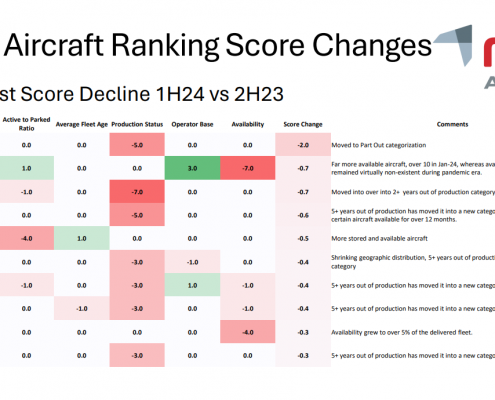 https://www.mba.aero/wp-content/uploads/Screenshot-2024-06-12-105231.png
690
1263
Jenn Atkins
https://www.mba.aero/wp-content/themes/enfold-child/images/Header-Logo-Solid.svg
Jenn Atkins2024-06-12 10:54:592024-06-12 11:13:45mba Aircraft Ranking Score Changes Cont.
https://www.mba.aero/wp-content/uploads/Screenshot-2024-06-12-105231.png
690
1263
Jenn Atkins
https://www.mba.aero/wp-content/themes/enfold-child/images/Header-Logo-Solid.svg
Jenn Atkins2024-06-12 10:54:592024-06-12 11:13:45mba Aircraft Ranking Score Changes Cont.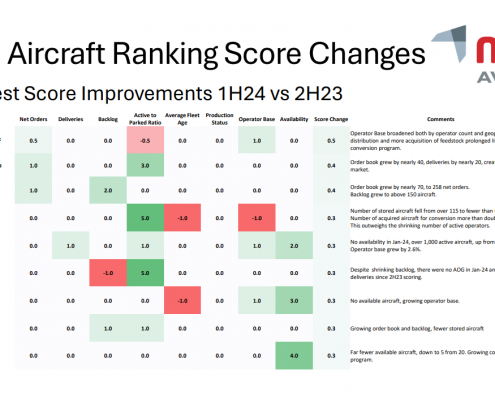 https://www.mba.aero/wp-content/uploads/Screenshot-2024-06-12-104757.png
707
1264
Jenn Atkins
https://www.mba.aero/wp-content/themes/enfold-child/images/Header-Logo-Solid.svg
Jenn Atkins2024-06-12 10:51:462024-06-12 11:24:23mba Aircraft Ranking Score Changes
https://www.mba.aero/wp-content/uploads/Screenshot-2024-06-12-104757.png
707
1264
Jenn Atkins
https://www.mba.aero/wp-content/themes/enfold-child/images/Header-Logo-Solid.svg
Jenn Atkins2024-06-12 10:51:462024-06-12 11:24:23mba Aircraft Ranking Score Changes https://www.mba.aero/wp-content/uploads/Engine-May-2024-Insight.png
901
697
kkmbaaero
https://www.mba.aero/wp-content/themes/enfold-child/images/Header-Logo-Solid.svg
kkmbaaero2024-05-28 15:59:442024-05-28 16:29:43Narrowbody Engine Values as a Proportion of Aircraft Values
https://www.mba.aero/wp-content/uploads/Engine-May-2024-Insight.png
901
697
kkmbaaero
https://www.mba.aero/wp-content/themes/enfold-child/images/Header-Logo-Solid.svg
kkmbaaero2024-05-28 15:59:442024-05-28 16:29:43Narrowbody Engine Values as a Proportion of Aircraft Values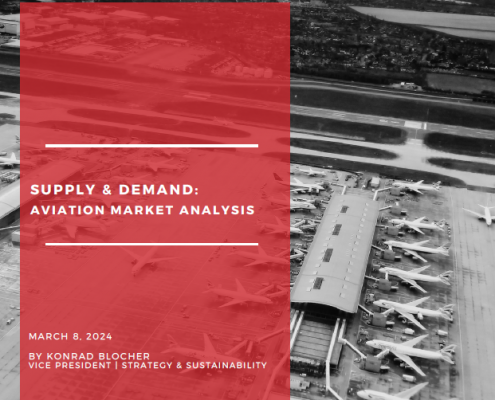 https://www.mba.aero/wp-content/uploads/MarketAnalysisSnip.png
804
621
kkmbaaero
https://www.mba.aero/wp-content/themes/enfold-child/images/Header-Logo-Solid.svg
kkmbaaero2024-03-08 13:17:372024-03-08 13:22:09Supply & Demand – Market Analysis (March 2024)
https://www.mba.aero/wp-content/uploads/MarketAnalysisSnip.png
804
621
kkmbaaero
https://www.mba.aero/wp-content/themes/enfold-child/images/Header-Logo-Solid.svg
kkmbaaero2024-03-08 13:17:372024-03-08 13:22:09Supply & Demand – Market Analysis (March 2024)
The New Warsaw Airport: “To Be or Not to Be?”
Konrad Blocher, VP - Sustainability & Strategy, and Anala…
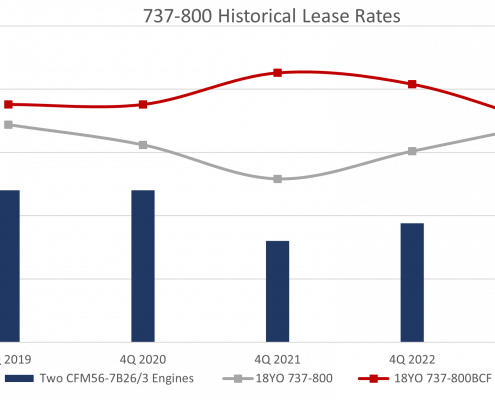 https://www.mba.aero/wp-content/uploads/Picture1.png123.png
1224
2421
kkmbaaero
https://www.mba.aero/wp-content/themes/enfold-child/images/Header-Logo-Solid.svg
kkmbaaero2023-10-24 16:27:202023-10-24 17:12:34737-800 Passenger and Converted Freighter Lease Rates
https://www.mba.aero/wp-content/uploads/Picture1.png123.png
1224
2421
kkmbaaero
https://www.mba.aero/wp-content/themes/enfold-child/images/Header-Logo-Solid.svg
kkmbaaero2023-10-24 16:27:202023-10-24 17:12:34737-800 Passenger and Converted Freighter Lease Rates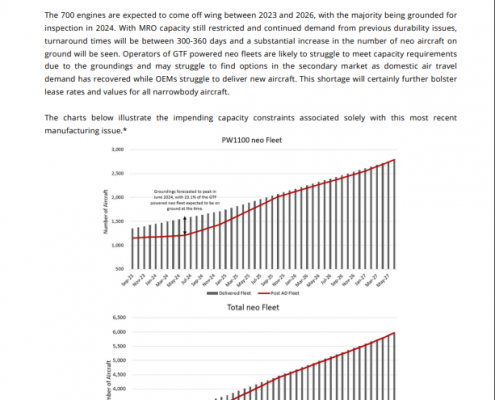
GTF HPT Inspection Operational Impact
The recent Airworthiness Directive implications for the GTF are…
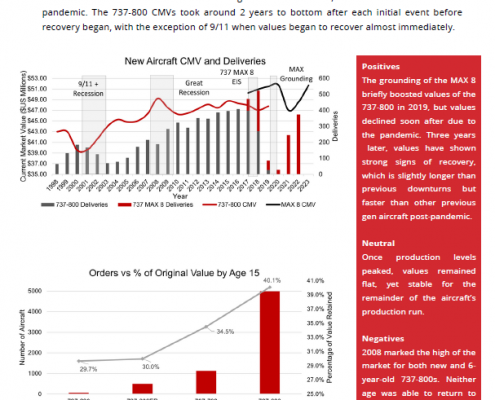
737-800 Market Profile – August 2023
mba's Appraisal Team analyzes the 737-800's historical values,…

Air Service Development: City Pair Trends
Anala Ravinarayan, Director - Airport Air Service Development…